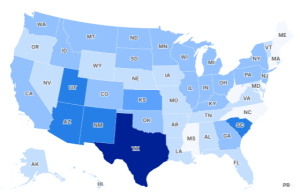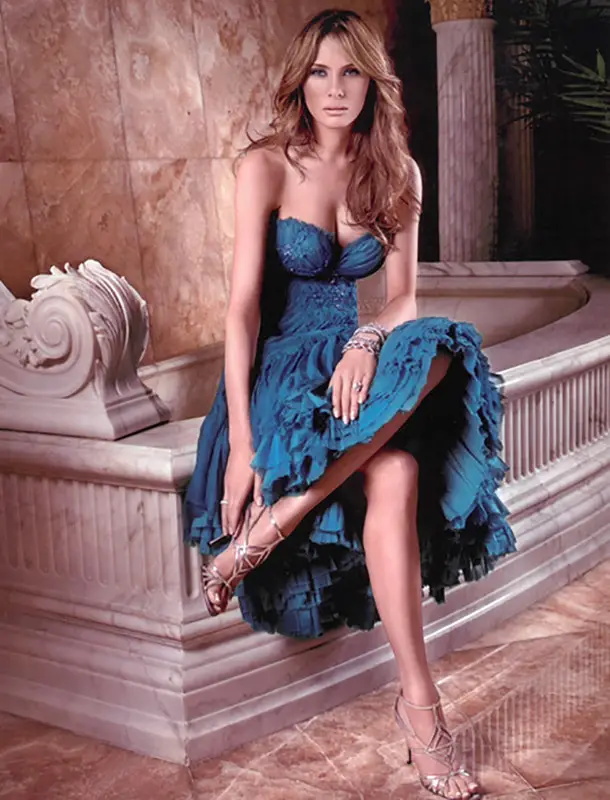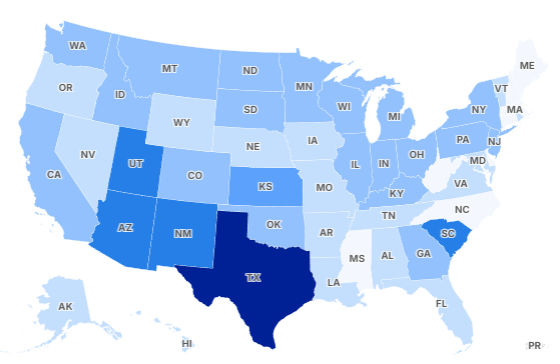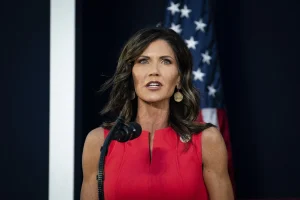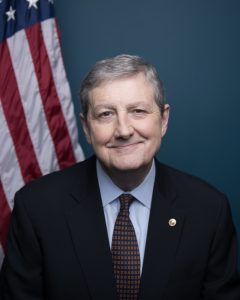Melania Trump’s Post-White House Fashion Choices Spark National Debate About Public Expectations and Personal Freedom
In an era where former political figures remain under intense public scrutiny, a recent beach outing by former First Lady Melania Trump has reignited discussions about the ongoing expectations placed on individuals who have served in America’s highest offices. The controversy surrounding her fashion choices raises important questions about privacy, personal autonomy, and the lasting impact of public service on individual freedom.
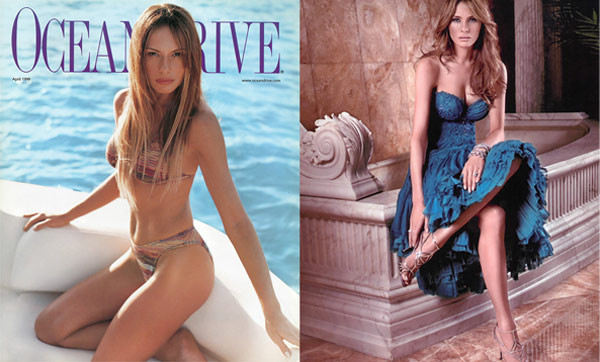
The Incident That Sparked National Conversation
Recent photographs capturing former First Lady Melania Trump during a private beach outing have generated significant discussion across social media platforms and news outlets nationwide. The images, which emerged over the past 24 hours, show Mrs. Trump enjoying a casual day with friends, wearing beachwear that some critics have deemed inappropriate for someone who previously held one of the most visible positions in American public life.
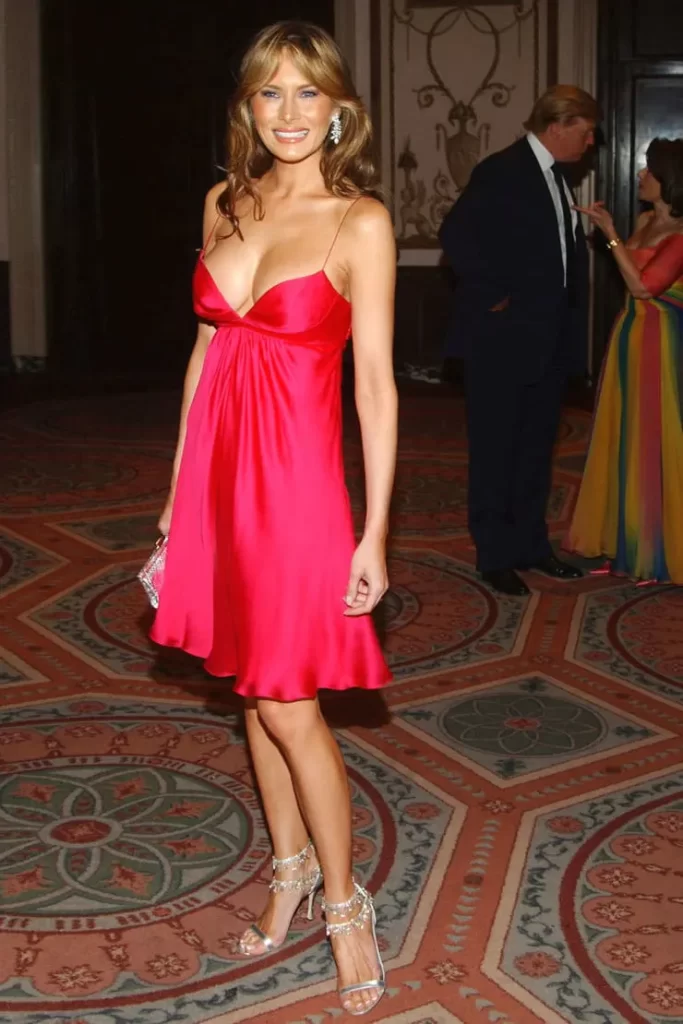
The photographs, taken during what appeared to be a private recreational activity, show the former First Lady in typical beach attire including a sheer cover-up and swimwear. While such clothing would be considered entirely normal for any private citizen enjoying a day at the beach, the images have sparked intense debate about the ongoing expectations and standards that should apply to former occupants of the White House.
The controversy highlights the complex relationship between public service and personal privacy that affects all former high-ranking government officials. Unlike private citizens who can expect their personal recreational activities to remain largely unnoticed, former First Ladies and Presidents continue to attract media attention and public scrutiny long after their tenure in office has concluded.
The Public Response: Divided Opinions on Appropriate Conduct
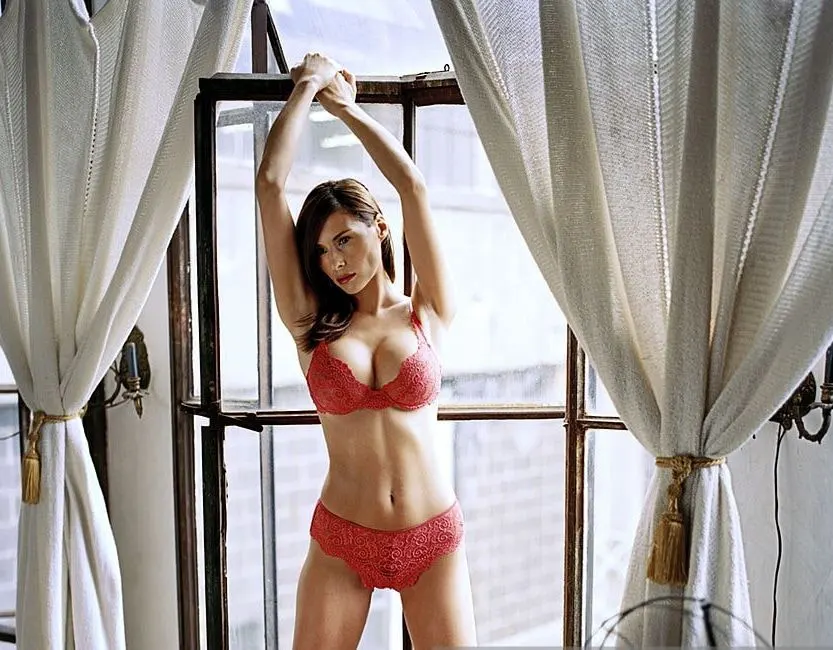
The reaction to the photographs has been notably divided, reflecting broader cultural and political disagreements about women’s autonomy, public service expectations, and the appropriate boundaries between public and private life. Social media platforms have become battlegrounds for competing perspectives on whether former First Ladies should be held to different standards than ordinary citizens.
Critics of Mrs. Trump’s fashion choices have argued that individuals who have represented the United States on the world stage carry ongoing responsibilities to maintain certain standards of public presentation. This perspective suggests that the visibility and symbolic importance of the First Lady role creates lasting obligations that extend beyond the actual period of service in the White House.
Some commentators have expressed concern that casual or revealing clothing choices by former First Ladies could potentially damage America’s international reputation or send inappropriate messages about American values and leadership. These critics argue that public service creates a form of permanent ambassadorship that requires continued attention to public image and diplomatic considerations.
Conversely, supporters of Mrs. Trump’s right to dress as she chooses have emphasized the importance of personal autonomy and the fundamental principle that completing public service should not result in lifetime restrictions on individual freedom and self-expression. This perspective argues that expecting former First Ladies to maintain specific dress codes indefinitely represents an unreasonable extension of public service obligations into private life.
Historical Context: Fashion and First Ladies
The scrutiny of Melania Trump’s fashion choices continues a long-standing American tradition of intense public attention to the clothing and style decisions of First Ladies. Throughout history, the wardrobes of presidential spouses have been analyzed, criticized, and praised as reflections of their personalities, political messages, and cultural values.
From Jackie Kennedy’s iconic style that helped define 1960s fashion to Michelle Obama’s accessible fashion choices that mixed high-end designers with affordable brands, First Ladies have consistently found their clothing decisions subject to public interpretation and analysis. This attention reflects the unique position of First Ladies as both private individuals and public figures who represent American women on the international stage.
The post-White House period has historically provided former First Ladies with greater freedom to express personal style preferences without the constraints of diplomatic protocol and public expectations. However, the modern media landscape and social media connectivity have meant that this traditional privacy has become increasingly difficult to maintain.
Melania Trump’s background as a former fashion model adds another layer of complexity to discussions about her clothing choices. Her professional experience in the fashion industry provided her with sophisticated understanding of style, image creation, and the power of visual communication—knowledge that she brought to her role as First Lady and continues to influence her personal presentation.
The Role of Media and Social Media in Amplifying Controversy
The rapid spread and intense discussion of Mrs. Trump’s beach photographs illustrate the powerful role that modern media and social media platforms play in creating and amplifying public controversies. What might have been a private moment captured by paparazzi has become a national talking point within hours of the images’ emergence.
Traditional media outlets have picked up the story, providing analysis and commentary that has further elevated the visibility of the photographs and the surrounding debate. Television news programs, online publications, and print media have all contributed to the discussion, often reflecting their own editorial perspectives and target audiences in their coverage approach.
Social media platforms have served as the primary venue for public debate about the appropriateness of Mrs. Trump’s fashion choices. Twitter, Facebook, and Instagram have all featured extensive discussions among users expressing strong opinions on both sides of the controversy. The democratic nature of social media has allowed ordinary citizens to participate directly in debates that were previously limited to political commentators and media professionals.
The speed and intensity of social media reactions have also demonstrated how quickly private moments can become public controversies in the digital age. The viral nature of contentious images means that former public figures have little control over how their private activities are interpreted and discussed by the general public.
Political and Cultural Implications
The controversy surrounding Mrs. Trump’s beach attire reflects broader political and cultural tensions that extend far beyond fashion choices. The debate has become a proxy for discussions about women’s rights, political partisanship, and the appropriate boundaries between public service and private life.
Political commentators from across the ideological spectrum have weighed in on the controversy, often interpreting the fashion choices through the lens of their own political perspectives. Conservative commentators have generally defended Mrs. Trump’s right to personal expression while criticizing the media attention, while liberal voices have been more mixed in their responses, with some supporting personal autonomy and others questioning the appropriateness of the choices.
The incident has also highlighted ongoing discussions about the different standards applied to male and female political figures. Former Presidents are rarely subjected to the same level of scrutiny regarding their casual clothing choices, raising questions about gender-based expectations and the unique pressures faced by women in public life.
Cultural commentators have noted that the controversy reflects broader American ambivalence about sexuality, modesty, and appropriate public presentation. The debate reveals underlying tensions between traditional values that emphasize modesty and contemporary perspectives that prioritize individual freedom and self-expression.
The Impact on Public Discourse
The widespread discussion of Mrs. Trump’s fashion choices has contributed to important conversations about the lasting impact of public service on individual privacy and autonomy. The incident has prompted reflection on whether the benefits and honors of serving in high government positions should be balanced by ongoing restrictions on personal behavior and expression.
Legal scholars and political scientists have noted that while there are no formal requirements for former First Ladies to maintain specific standards of public presentation, the informal expectations and social pressures can be just as constraining as official protocols. This situation raises questions about the fair treatment of individuals who have completed their public service obligations.
The controversy has also contributed to ongoing discussions about media responsibility and the appropriate boundaries of public interest in the private lives of former government officials. Some media ethics experts have questioned whether extensive coverage of private recreational activities serves legitimate public interests or simply feeds public curiosity and entertainment needs.
Educational institutions and civic organizations have used the incident as a teaching moment to discuss the complex relationship between public service, personal freedom, and ongoing civic responsibilities. These discussions have helped illuminate the challenges faced by all former high-ranking government officials as they transition back to private life.
International Perspectives and Diplomatic Considerations
The global attention paid to American political figures means that controversies involving former First Ladies can have international implications that extend beyond domestic political discussions. Foreign media outlets and international observers often interpret the behavior of former American leaders as reflective of broader American values and cultural trends.
Diplomatic experts have noted that while Mrs. Trump no longer holds any official position that would require adherence to diplomatic protocols, her high international profile means that her public appearances continue to attract attention from foreign media and government officials. This ongoing visibility can complicate efforts to maintain positive international relationships and cultural diplomacy.
Some international observers have expressed confusion about American cultural standards and the intense focus on former First Ladies’ fashion choices. The controversy has prompted discussions about American priorities and the apparent contradiction between stated values of individual freedom and the practical restrictions placed on public figures.
The incident has also highlighted the global reach of American political controversies in the digital age. Social media platforms have enabled international audiences to participate directly in discussions about American political figures, creating a truly global conversation about domestic American issues.
Implications for Future Former First Ladies
The controversy surrounding Mrs. Trump’s fashion choices may have lasting implications for how future former First Ladies approach their post-White House lives and public presentations. The incident demonstrates that intense public scrutiny continues long after the completion of official duties, potentially influencing how current and future First Ladies prepare for their transitions back to private life.
Security and privacy experts have noted that the widespread distribution of paparazzi photographs raises important questions about the ongoing protection and privacy rights of former First Families. The incident may prompt discussions about appropriate boundaries for media coverage and the security implications of intense public attention.
The debate may also influence how future First Ladies approach their official duties, knowing that their clothing choices and public presentations during their White House tenure may be used as standards for evaluating their post-service behavior. This awareness could potentially impact the authenticity and personal expression of future First Ladies during their official terms.
Political advisors and public relations experts have suggested that the controversy demonstrates the need for former high-ranking officials to carefully consider the ongoing implications of their public appearances and social media presence. The incident illustrates how quickly private moments can become public controversies with significant political and cultural implications.

Emily Johnson is a critically acclaimed essayist and novelist known for her thought-provoking works centered on feminism, women’s rights, and modern relationships. Born and raised in Portland, Oregon, Emily grew up with a deep love of books, often spending her afternoons at her local library. She went on to study literature and gender studies at UCLA, where she became deeply involved in activism and began publishing essays in campus journals. Her debut essay collection, Voices Unbound, struck a chord with readers nationwide for its fearless exploration of gender dynamics, identity, and the challenges faced by women in contemporary society. Emily later transitioned into fiction, writing novels that balance compelling storytelling with social commentary. Her protagonists are often strong, multidimensional women navigating love, ambition, and the struggles of everyday life, making her a favorite among readers who crave authentic, relatable narratives. Critics praise her ability to merge personal intimacy with universal themes. Off the page, Emily is an advocate for women in publishing, leading workshops that encourage young female writers to embrace their voices. She lives in Seattle with her partner and two rescue cats, where she continues to write, teach, and inspire a new generation of storytellers.


